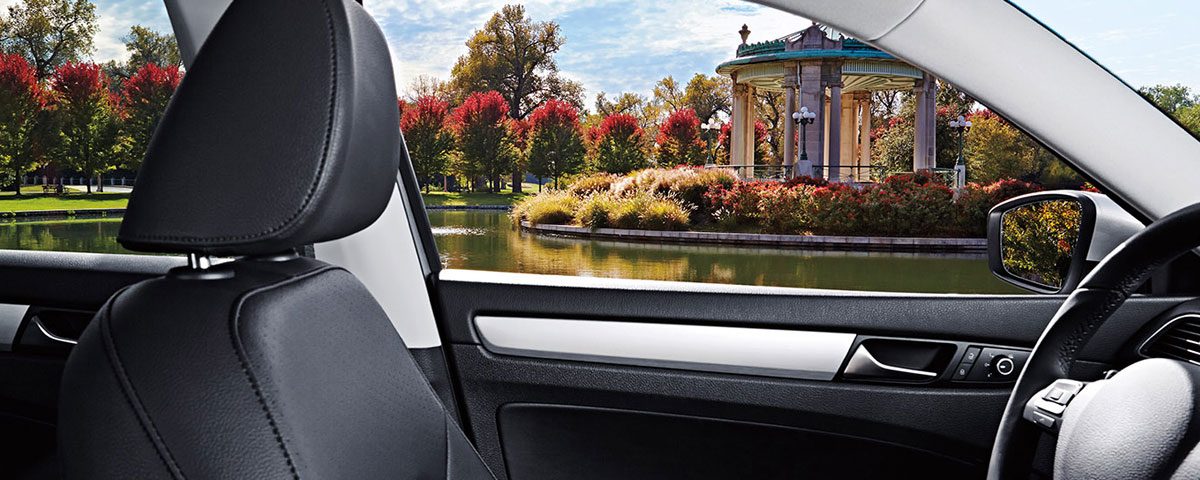- Specializing in Automotive Tint Mon-Fri 9am-5pm | Sat 10am-3pm
- (703) 440-0084
- paul@skylinetint.com

Car Tint: Why it Should be Your First Car Modification
May 8, 2023
Tricks to Remove Minor Scratches From Your Car
June 10, 2023Car window tinting offers your ride a fashionable aesthetic while improving visibility by reducing glare.
Tinted car windows give an extra layer of privacy and protection, making it more difficult to see inside the vehicle.
Is this the first time you are undertaking auto window tinting? Before you do it, here are a few things you should know about the practice:
The states make window tinting laws.
The level of blackness authorized for auto glass tinting is governed by state law. These restrictions are enacted to improve driver visibility of other vehicles while driving and to aid law enforcement authorities as they approach.
When deciding how much to tint windows, check with your state’s Department of motor vehicles to learn about the restrictions, such as legal light transmission levels.
Once you’ve determined the levels permitted, you can select the best window tint film for your vehicle.
You should note that state laws also govern how much tint you can apply to each car window and front windshield.
Here is an example of laws you should be aware of:
- Seven states (Alaska, California, Delaware, Iowa, New York, Pennsylvania, and Rhode Island) and the District of Columbia mandate tinted windows to transmit 70% of visible light.
- Connecticut mandates 65% light transmission with a window tint compliance sticker from the Department of Motor Vehicles.
- New Mexico allows the darkest tinting for front side windows, with a maximum light transmission of 20%.
- Installing aftermarket tinting on the windshield and front side windows is prohibited in Vermont, New Hampshire, and New Jersey.
- State laws governing car window tinting on SUVs and minivans may differ from those governing sedans and coupes. Commercial vehicles frequently have additional or distinct requirements and constraints.
Remember that these laws change. Annual changes to state laws are common, so always check with your local authorities to ensure that you aren’t on the wrong side.
The good thing is that reputable window tinting businesses are familiar with local rules, so to avoid complications, always ensure that you work with reputable professionals that know what they are doing.
Window tint laws have exemptions.
Exemptions from automobile window tinting are available in several states for drivers with a genuine medical or vision-related need to minimize their exposure to sunshine.
For example, you can get a medical exemption certificate for dark window tinting if you have lupus or other medical disorders.
If you are sensitive to sunlight, you may apply to the Department of motor vehicles for permission, waiver, or exemption from the state’s tinting law.
To hasten the process, ensure the application is accompanied by documents proving your medical need for tinted windows.
There are different penalties for violating tinting laws
The penalties for breaking a state’s rules on tinted car windows differ.
Law enforcement personnel use special devices to measure the quantity of light passing through a tinted car window. You may be issued a ticket if the visible light transmission falls outside the allowed range.
Depending on the jurisdiction and the officer on duty, penalties might range from a warning to a “fix it” order requiring the removal of the automobile window tint film or a fine for exceeding the permitted window tinting limit.
While a first offense may result in a smaller fine, a second offense may result in a larger fine, usually double that amount.
Georgia, for example, is one of the states that impose severe penalties for breaching window tinting rules.
Driving a car with illegal window tint or installing unlawful material is a misdemeanor punishable by a fine and/or imprisonment for up to 12 months.
This law applies to all automobiles, whether registered in Georgia or elsewhere.
Car window tinting comes at different costs.
How much it will cost to tint automobile windows is a common question among those interested in darker glass. There is no simple answer because numerous elements influence automobile window tinting prices. Among them are the following:
- Your area.
- The type and quality of tint you want to install.
- The make and model of your vehicle.
- The amount of glass space you intend to cover
Car window tinting expenses for a sedan can range from a few hundred dollars, depending on the quality and features of the material utilized. Installing window tint on large vans and SUVs might cost thousands of dollars.
You might think the more expensive installations are the best, but this isn’t the case.
Remember that the quality of the tint will be significantly determined by the quality of the tint material and the installer’s craftsmanship.
First, visit the installer’s shop in person to tell whether the installer will do a good job. Examine the cleanliness of the work environment and the projects they’re working on, and ask for recommendations.
A good tint shop will gladly show you its work and share the experiences of prior customers.
There are options for those into DIY
You have plenty of options if you are a dab hand at DIY projects.
Car window tint film is available in rolls. Some manufacturers even sell pre-cut DIY window tint kits for specific vehicle types, and you need to do is to purchase them and install them on your car.
The installation procedure is straightforward, but the job needs considerable patience, meticulous attention to detail, and a degree of proficiency that can only be attained through extensive practice.
Professional car window tinting Springfield takes roughly two hours, depending on the number of windows to cover.
As a novice, covering your windows properly will take significantly longer.
Cleaning the windows before applying the tinted film is the most time-consuming part of the process. You should ensure that you thoroughly clean the windows, as even a small amount of lint on a window might result in an unprofessional appearance, and you don’t want this, do you?
You should follow the given installation instructions. If you are having a problem, let the work be handled by a professional that knows what they are doing. As a rule of thumb, ensure that the professional is conversant with the tinting laws and has handled several similar projects in the past.


